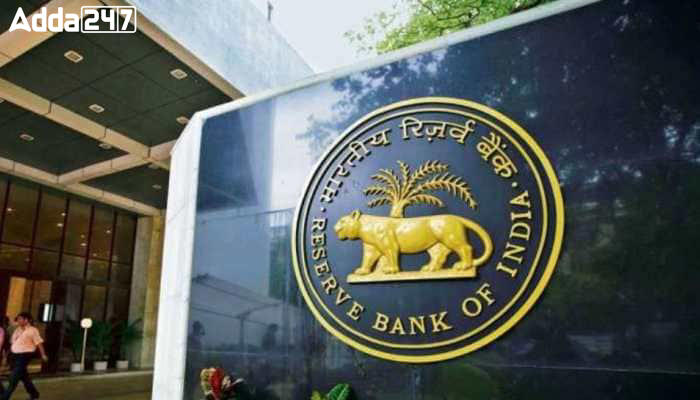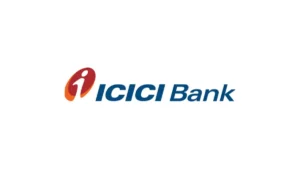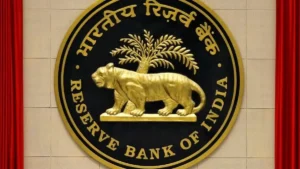The Reserve Bank of India (RBI) has issued comprehensive guidelines outlining the voluntary transition path for Small Finance Banks (SFBs) seeking to become Universal Banks. These guidelines set specific eligibility criteria and procedural requirements for such a transition, aiming to ensure financial stability and operational effectiveness in the banking sector.
Eligibility Criteria
To qualify for conversion, SFBs must meet stringent criteria including a minimum net worth of ₹1,000 crore, sustained profitability over the last two financial years, low non-performing asset (NPA) ratios, and a diversified loan portfolio. Additionally, listed status on a recognized stock exchange and a satisfactory track record of performance for at least five years are prerequisites.
Transition Process
Interested SFBs must furnish a detailed rationale for their desire to transition to a universal bank. Upon application, the RBI will assess their eligibility in accordance with existing licensing guidelines for universal banks and relevant regulatory directives. The transitioned bank will be subject to all applicable norms, including the requirement for a Non-Operative Financial Holding Company (NOFHC) structure.
Shareholding Norms
While there is no mandatory requirement for identified promoters, existing promoters must continue their role during the transition. Addition or change of promoters during this phase is not permitted. Post-transition, there will be no new mandatory lock-in requirement for promoters, and any previously approved shareholding dilution plan will remain unchanged.
Potential Impact
This move by the RBI opens avenues for SFBs to enhance their operational capabilities and financial standing by transitioning into universal banks. It is expected to improve their competitiveness, expand their customer base, and enable access to a wider range of banking services, ultimately contributing to the growth and stability of India’s banking sector.




 ICICI’s New Swasthya Pension Scheme: A S...
ICICI’s New Swasthya Pension Scheme: A S...
 RBI’s New Rulebook: UTI Required for All...
RBI’s New Rulebook: UTI Required for All...
 What Is a Type II Non-Deposit NBFC? Airt...
What Is a Type II Non-Deposit NBFC? Airt...








